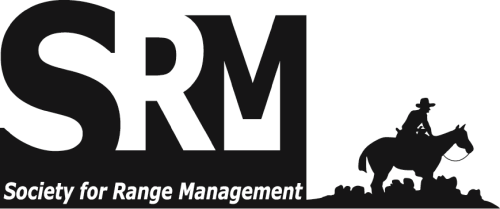Antelope bitterbrush (Purshia tridentata (Pursh) DC) is the most important browse species on many mule deer (Odocoileus hemionus) ranges. California-Nevada interstate mule deer herds are critically dependent on antelope bitterbrush stands, in which many of these stands have been and are currently exhibiting little recruitment. Lassen is the only established cultivar of antelope bitterbrush. Rodent predation on Lassen antelope bitterbrush seedlings was studied in burned and unburned antelope bitterbrush communities in northeastern California during 1993. Rodent population densities were 15/ha and 14/ha in the burned and unburned habitats, respectfully. Rodent compositions consisted of the Ord's kangaroo rat (Dipodomys ordii), deer mouse (Peromyscus maniculatus), and the Great Basin pocket mouse (Perognathus parvus). Rodents significantly decreased antelope bitterbrush recruitment through grazing and disturbance of antelope bitterbrush seedlings. Ord's kangaroo rats preyed on higher numbers of antelope bitterbrush seedlings than did the other 2 common rodent species. The Journal of Range Management archives are made available by the Society for Range Management and the University of Arizona Libraries. Contact lbry-journals@email.arizona.edu for further information. Migrated from OJS platform August 2020

Scholarly peer-reviewed articles published by the Society for Range Management. Access articles on a rolling-window basis from vol. 1, 1948 up to 5 years from the current year. Formerly Journal of Range Management (JRM). More recent content is available by subscription from SRM.